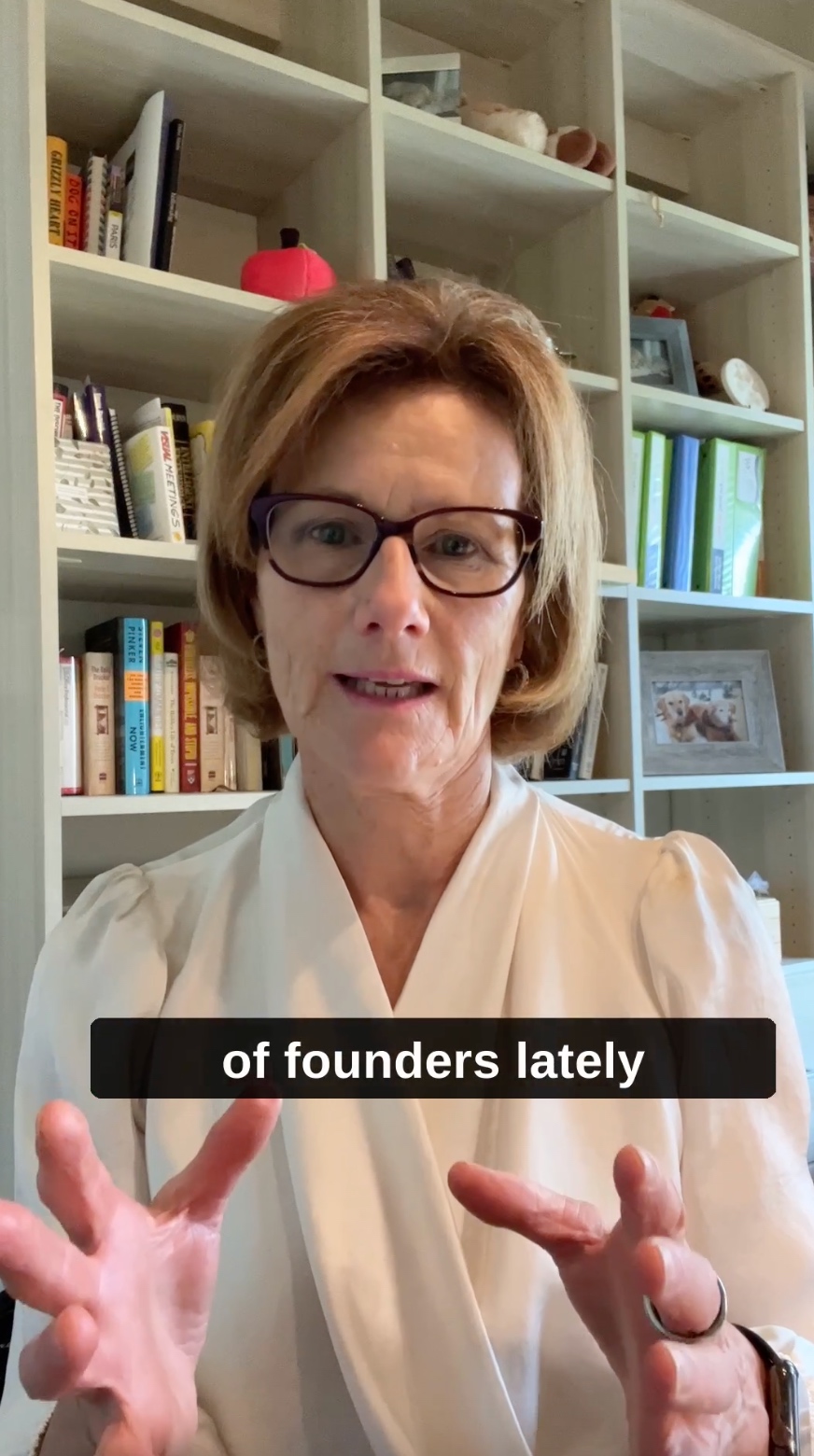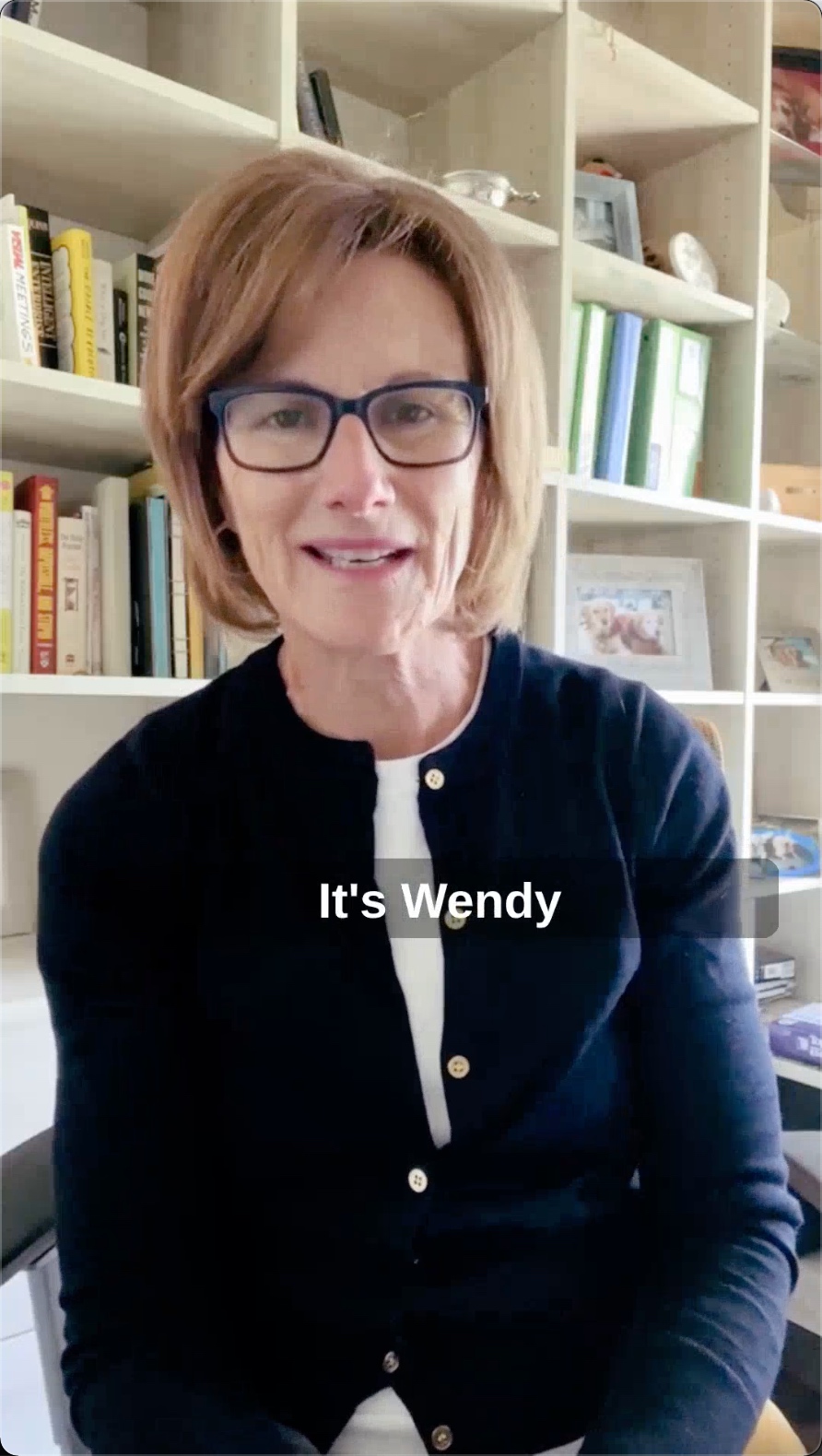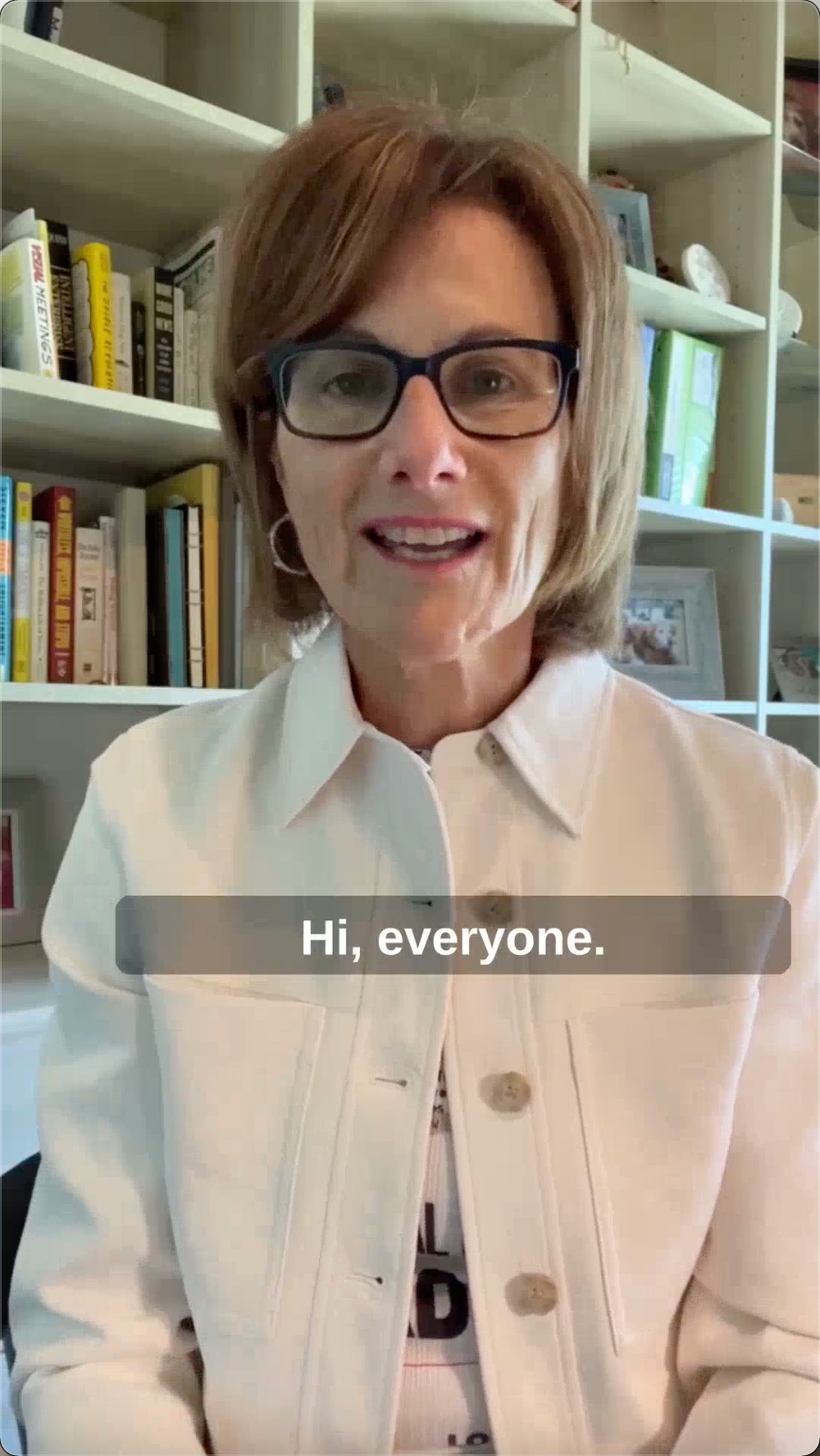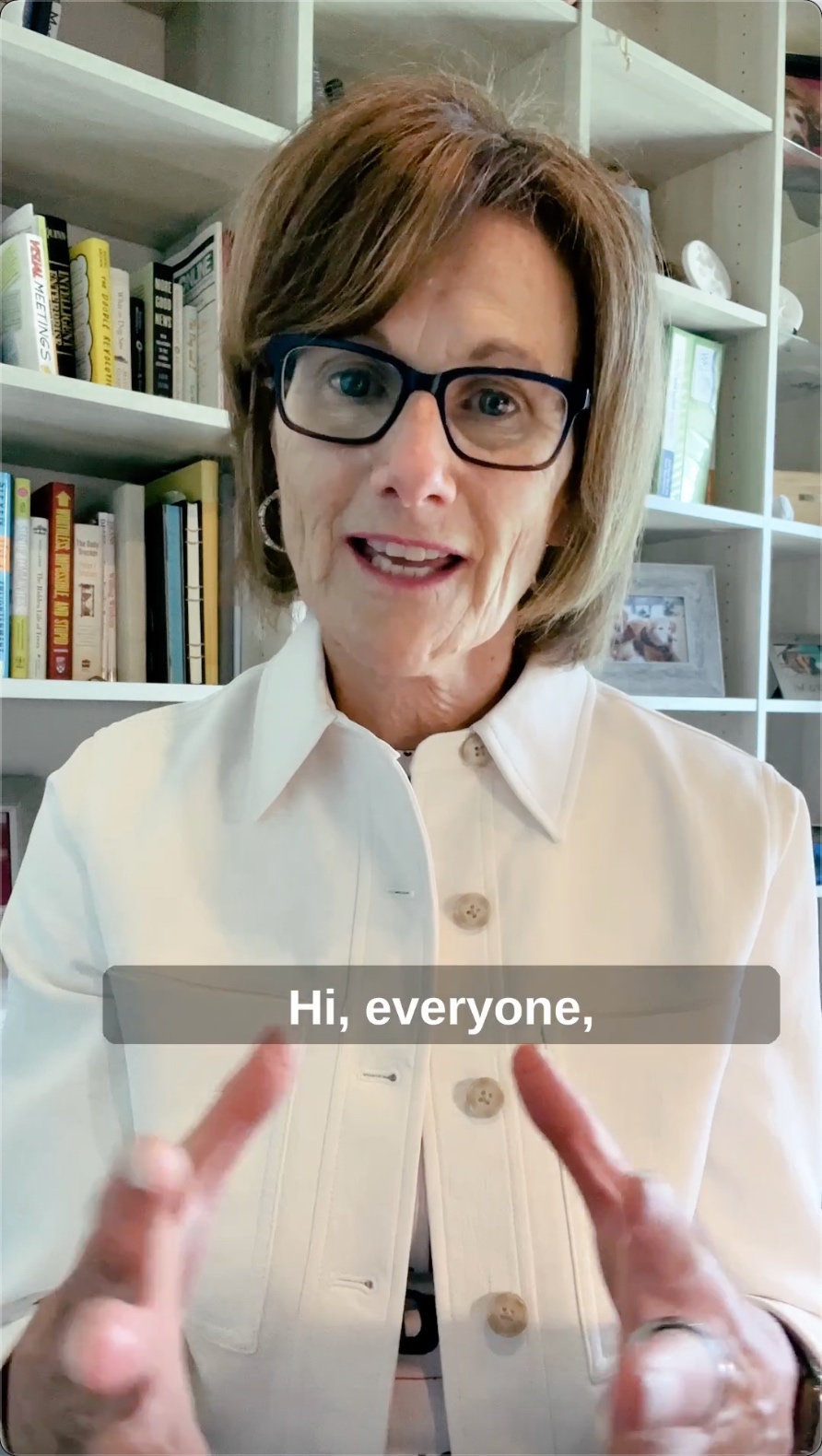 Life as a startup founder takes conviction, tenacity, passion, a sense of adventure, self-awareness and (________________) insert your own choice of personality traits. I always enjoy reading articles that talk about the DNA of a founder and what it takes to be successful. It takes a lot of courage to bring a new idea to the world and only a founder can tell you what that ride is like. Not all of the articles and lists hit the mark, so when one comes along that’s strong, I like to call attention to it.
Life as a startup founder takes conviction, tenacity, passion, a sense of adventure, self-awareness and (________________) insert your own choice of personality traits. I always enjoy reading articles that talk about the DNA of a founder and what it takes to be successful. It takes a lot of courage to bring a new idea to the world and only a founder can tell you what that ride is like. Not all of the articles and lists hit the mark, so when one comes along that’s strong, I like to call attention to it.
The Startup Institute pulled together ten different founders/startup entrepreneurs and asked them to share the absolute best advice they received as they built their companies. It offers up some of the most relevant insights for founders that I’ve come across in recent memory.
The list is here.
I’ve added a few of my own below:
- You have to kiss a lot of frogs to find your prince/princess.
You have to sell your idea. You can’t wait for people to come looking for you, and when they meet you, you can expect them to intuitively see the value in your idea. As the founder, you will be the chief salesperson for your idea – the one out in front presenting, demonstrating, and pitching the value of your idea. You’ll be told no many times by customers, partners, funders, and others, many times before you’ll be told yes. But that one “YES” will make it all worth it!
- Show and Tell – you need to make it real. Develop a proof of concept, a demonstration unit, or a prototype, to let people see, touch, and taste what your idea is all about. Seeing is believing; but you also need to “tell”; share an informed point of view about why ideas like yours will shape the future and open up opportunities in the market. Never assume that people ‘get it’; it’s best to assume that they don’t.
- Value Creates Valuation. As the startup institute article points out, you have to be a producer of value. The more value you can create for your startup, the better the numbers look for you on valuation – it’s that simple. So, work as hard as you can and as fast as you can to build value. Focus on proof points that make you market ready, such as: a prototype, trial customers, collaboration partners, regulatory approvals, etc.
- You have to execute – every single day. You always need to ask yourself: “what am I doing to advance my startup forward in the market”. It needs to be a daily habit. It’s easy to focus on things that we love to do, writing code, brainstorming new products, or discussing global domination, but what are you doing to advance your idea further with customers, business partners and other market-shaping players. This will mean learning new skills and doing things that are sometimes outside your comfort zone.
- You will ALWAYS be the Founder – with luck and timing on your side, your startup will outgrow you and it will need someone with different skills to take it to the next level. Don’t take this personally – this is not a failure on your part. Companies require different leaders at every stage of growth – people with specific expertise to scale, expand and leverage your startup to its fullest potential. Different leaders will come and go, but you will always be the Founder.
- Find Balance – This one comes directly from the Startup Institute List – I couldn’t have said it better myself:With the community, give before you get. Do deep research for your ideas, but trust your instincts. Actively seek guidance, but know the advice often conflicts, so you need your own conviction. With product, think expansively, then pare it back to basics. Be proud of what you build, though there will never be perfection. Be aware of competition, but don’t worry about it. Be direct with your team, but always kind, empathetic, and self-aware. Understand that maybe the world doesn’t need your idea, so know when to move on. Luck and resilience are as important as ideas and talent. Don’t believe your own press, good or bad. Don’t take yourself too seriously, even if you’re trying to change the world. Never lose sight of the important stuff: love, friends, family. —Jamyn Edis, Founder and CEO of Dash Lab






